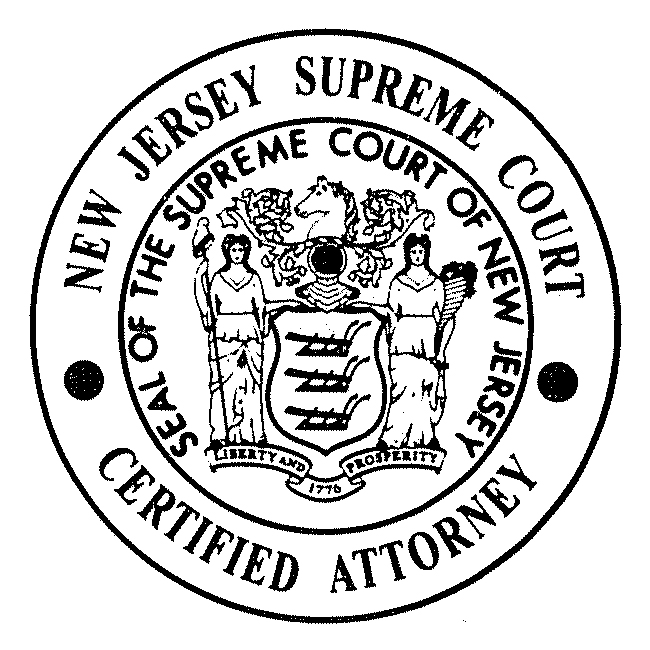Remedies for New Jersey Employees Injured by Chemical Exposure at Work
Like all other U.S. states, New Jersey law provides for workers’ compensation benefits for workers with employment-related injuries and occupational illnesses. Additionally, if employment-related injuries and/or occupational illnesses cause death, New Jersey law provides workers’ compensation benefits for their surviving dependents. Workers’ compensation is a sort of no-fault system set up to automatically provide benefits to injured and sick workers when the injury or disease is work related, regardless of who was at fault for the harm.
In exchange, the injured or sick worker, in most circumstances, is not allowed to sue the employer in court for the injury because workers’ compensation is legally the “exclusive remedy.”
New Jersey Workers’ Compensation Benefits
In New Jersey, workers’ compensation benefits usually cover related medical expenses and wage replacement, including temporary total disability benefits until the worker is able to work in some capacity again.
If the employee will not completely recover, when he or she reaches “maximum medical improvement” or MMI, he or she will receive on an ongoing basis either “permanent partial benefits” if there is still some residual capacity to work, or “permanent total benefits” for a permanent disability that will keep the person from performing any kind of job.
Workplace Chemical Hazards
One of the most frightening types of workplace hazards is exposure to dangerous chemicals like asbestos, lead or benzene that can cause severe medical problems in employees not adequately protected from chemical contact. Workers’ compensation benefits are appropriate for injuries and illnesses from exposure to hazardous chemicals at work.
To help employees educate themselves about chemicals at work, New Jersey law requires that the state health department maintain the Right to Know Hazardous Substance List, called the RTKHSL that provides important information online for workers about more than 2,000 hazardous substances.
Chemicals in the Workplace Are Heavily Regulated
New Jersey state and federal law set out strict safety and exposure rules regulating dangerous substances at work. In particular, the federal Occupational Health and Safety Administration sets out detailed standards for employers using chemicals to keep workplaces safe.
Employers must follow specific rules about chemical containment, monitoring, testing and cleanup, as well as open recordkeeping about related exposures and injuries. Employees have significant rights to request from their employers information about these topics.
OSHA requires specific training and education for employees about the chemicals that could harm them, including a “hazard communication program” covering labeling, physical symptoms and ways to protect themselves. The law requires employer transparency: that employees be informed about what is around them and get detailed information about chemical safety.
Workers have the right to ask their employers to eliminate dangerous situations involving chemicals, and to confidential complaints with OSHA. OSHA will investigate and inspect, and can order legal compliance. Worker complaints to OSHA can be confidential and federal law provides protections for employees who are retaliated against for raising issues of chemical safety with the agency.
Talk to a Workplace Safety Lawyer
An employee who develops an occupational illness because he or she was in contact with dangerous chemicals should file a workers’ compensation claim. He or she should talk to an experienced workers’ compensation attorney for assistance with this claim as well as to inquire about any other potential legal remedies that could include a third-party lawsuit for product liability or premises liability. In addition, a knowledgeable lawyer can answer questions about state and federal administrative remedies like those available under OSHA.






 CALL NOW
CALL NOW